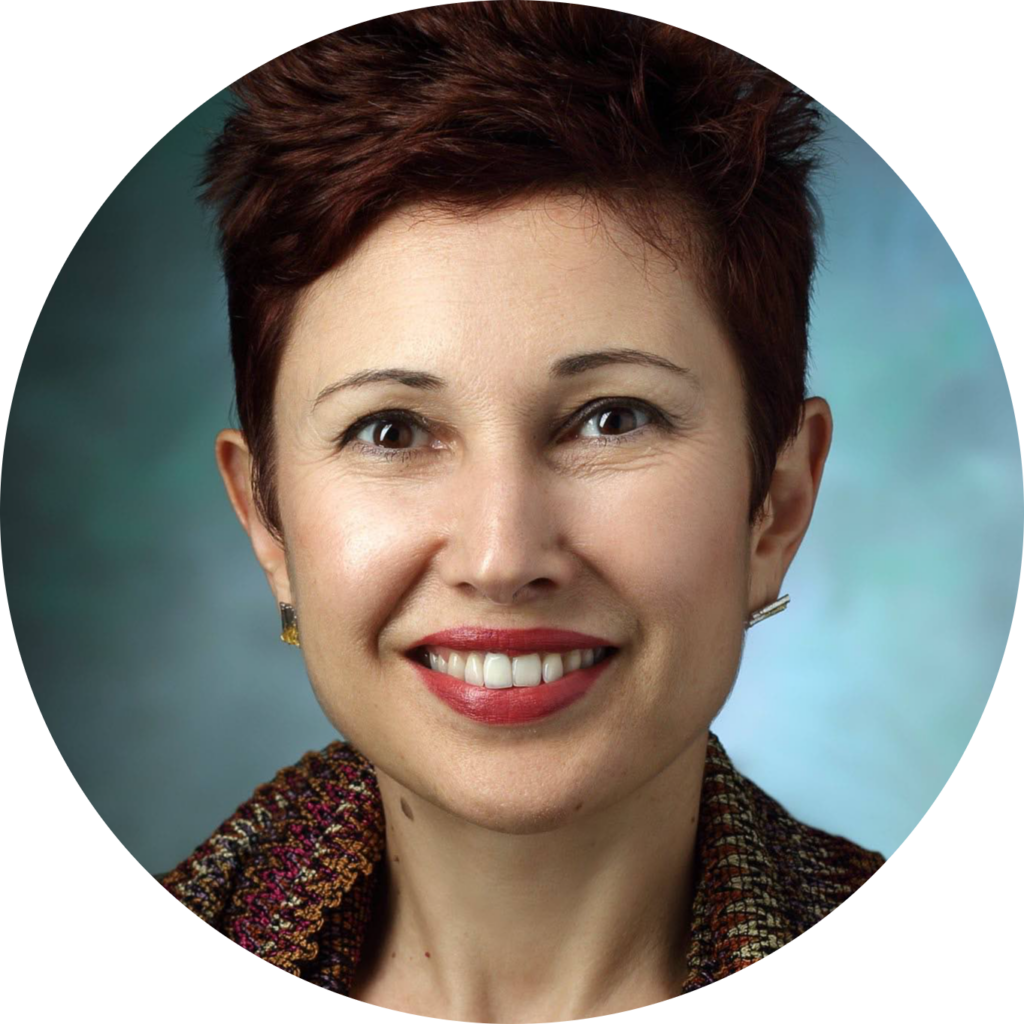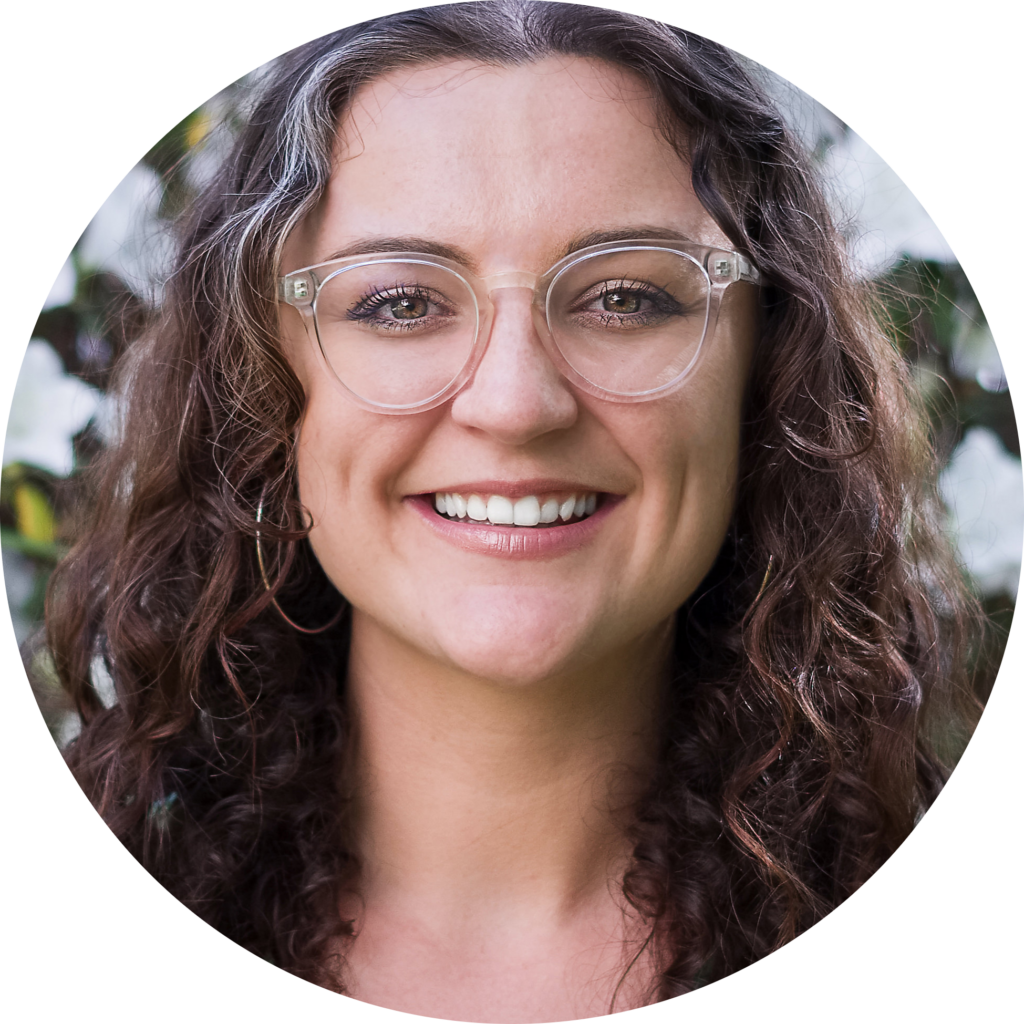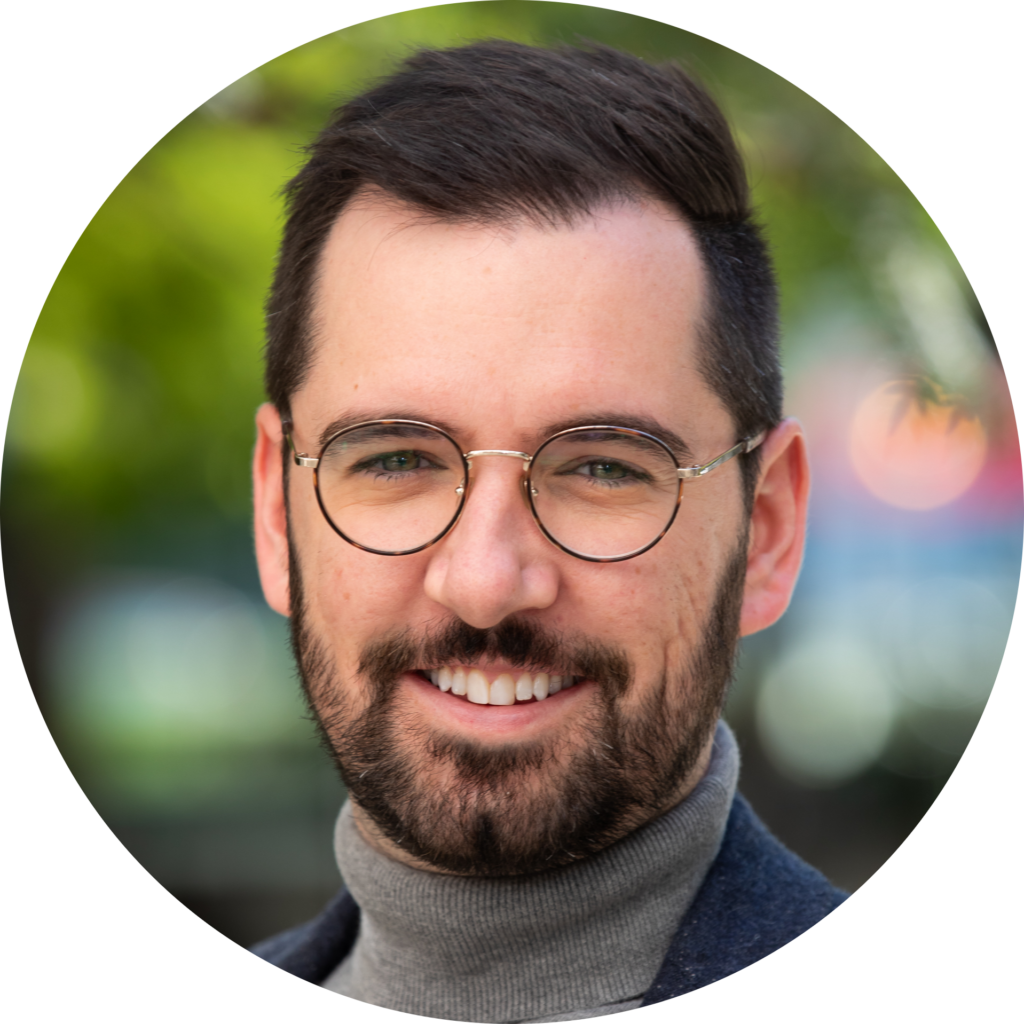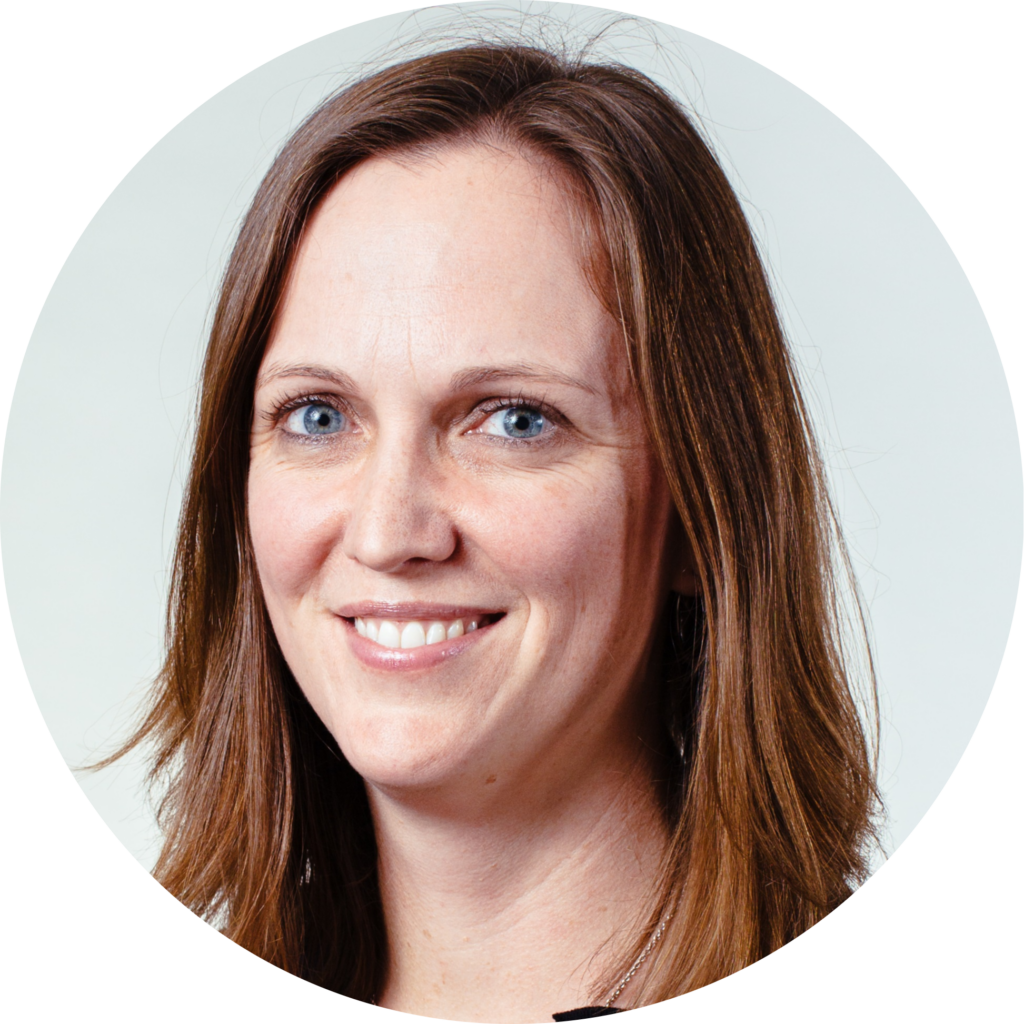This webinar took place on February 26, 2025.
The recording of this webinar is available to ISFTD Members.

This webinar took place on February 26, 2025.
The recording of this webinar is available to ISFTD Members.
Welcome to the inaugural ISFTD Webinar, Hot Topic, organized by the ISFTD communication and Early- and Mid-Career Researchers committees. This exciting webinar highlights the work of esteemed experts and promising early- and mid-career researchers in the FTD field. This edition delves into the fascinating clinical syndrome associated with right anterior temporal atrophy. Recent years have seen significant advances in its diagnosis, with ongoing efforts to unravel its complexities across clinical, genetic, and pathological domains. Join us to explore the latest insights and emerging research shaping our understanding of this syndrome.
Program
Moderators: Kyrana Tsapkini, US and Jessica Hazelton, AU
Right Temporal Variant FTD: Towards Improved Clinical Recognition – Yolande Pijnenburg, NL
Multimodal Semantic Knowledge of Emotions in Semantic Behavioral Variant Frontotemporal Dementia – Maxime Montembeault, CA (Early/Mid Career Researcher)
Mapping Emotions in the Semantic Behavioral Variant of Frontotemporal Dementia – Virginia Sturm, US (Early/Mid Career Researcher)





Kyrana Tsapkini, US
Jessica Hazelton, AU
Yolande Pijnenburg, NL
Maxime Montembeault, CA
Virginia Sturm, US
Dr Tsapkini is Associate Professor of Neurology at the Johns Hopkins School of Medicine, neuropsychologist by training. Over the past 10 years she has focused on the effects of neuromodulation, transcranial direct current stimulation (tDCS) in particular, combined with language and cognitive interventions in primary progressive aphasia (PPA). In her work she uses different methods of brain imaging such resting-state fMRI, Diffusion Tensor imaging, MRS. She has been extensively supported by NIH awards.
Dr Jessica L. Hazelton is currently a postdoctoral researcher at the Universidad Adolfo Ibáñez, research affiliate of Frontier, The University of Sydney and is the current chair of the ISFTD EMCR committee. Her work focuses on using multimodal neuroimaging, electrophysiological and psychophysiological techniques to understand mechanisms contributing to behavioural and emotional dysfunctions in FTLD.
Prof. Yolande Pijnenburg is a behavioural neurologist. She is the medical director of the Alzheimer Center Amsterdam at the Amsterdam University Medical Center. She is also in the board of directors of the Amsterdam Neuroscience research institute. Her main focus of research are the clinical manifestations of early-onset Alzheimer’s disease and biomarkers for frontotemporal dementia. She was involved in key papers on PCA and bvAD. Since 10 years she runs a neuropsychiatric clinic together with a psychiatrist where they conduct a longitudinal study called the Social Brain Project in order to investigate tools to differentiate between bvFTD, bvAD and primary psychiatric disorders. She is the supervisor of 17 PhD students and 4 post doc researchers. She is the chair of the Dutch FTD experts group, and together with Dr. Simon Ducharme she leads the Neuropsychiatric International Consortium for Frontotemporal Dementia.
Dr. Maxime Montembeault is an Assistant Professor in the Department of Psychiatry at McGill University and researcher at the Douglas Research Centre. He received a Ph.D. in Neuropsychology at Université de Montréal in 2018 and completed a postdoctoral fellowship at the Memory & Aging Center, University of California in San Francisco in 2022. His team uses digital cognitive markers and multimodal neuroimaging to investigate linguistic and socio-emotional changes and their brain correlates in aging and neurodegenerative diseases. Twitter: @maxmontembeault
Virginia Sturm, PhD is a professor in the Departments of Neurology and Psychiatry and Behavioral Sciences at the University of California, San Francisco (UCSF). Dr. Sturm, an affective neuroscientist and neuropsychologist at the UCSF Memory and Aging Center and Global Brain Health Institute, studies emotions, empathy, and social behavior in neurodegenerative disorders and neurodevelopmental conditions. Twitter: @brainsturming